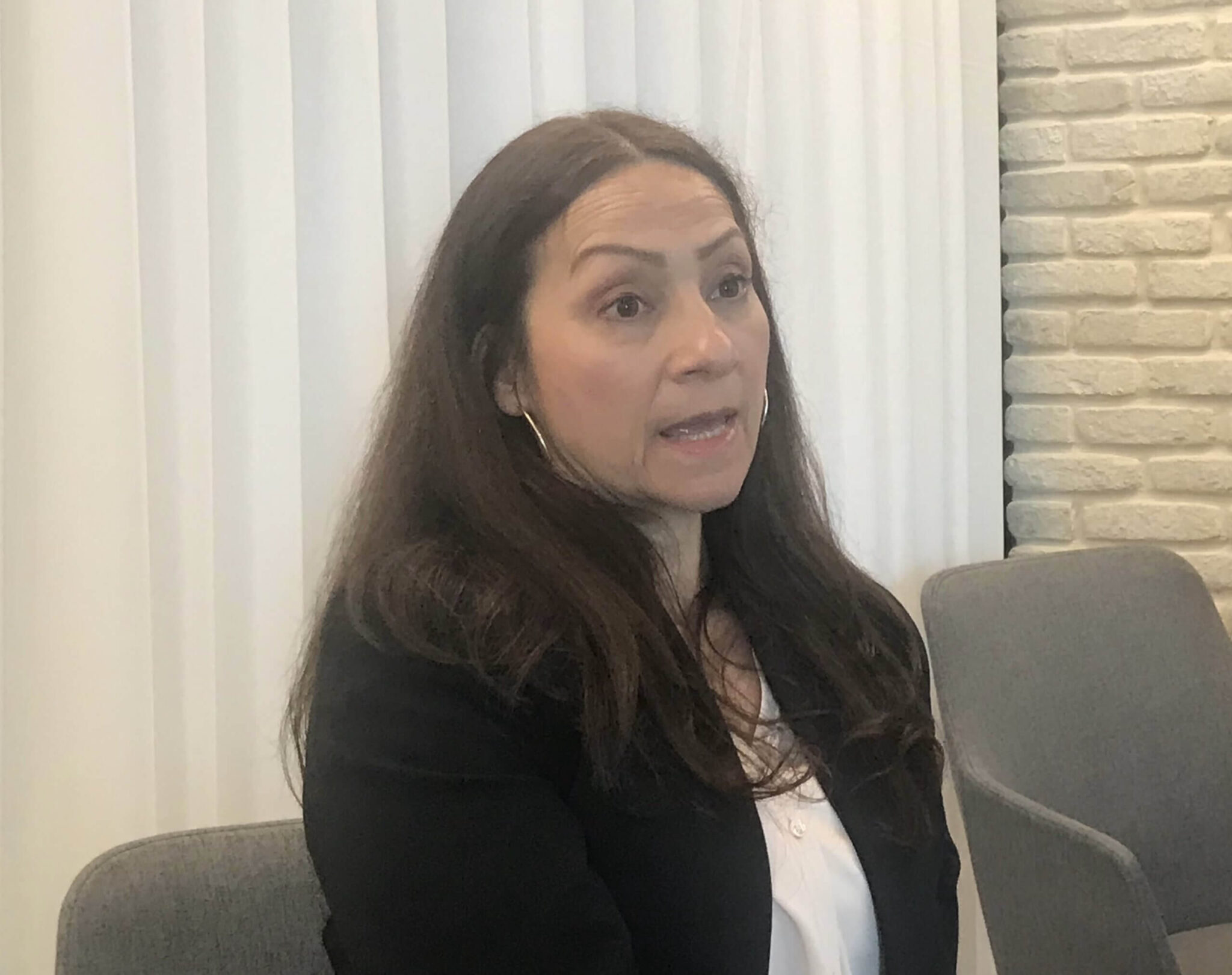Rivera said the words during a press conference that took place at the offices of Bana Labs in Tel Aviv

Intel currently has 19 employees in the software field, but the company's software sales only reach $100 million a year - a tiny percentage of its revenues. Intel recently began the process of acquiring the Israeli company Granulate Cloud Solutions (it is estimated that Intel will pay $650 million for the transaction, Intel does not respond). The purchase will help Intel advance its artificial intelligence strategy in data centers, and already this year it expects a 50% increase in software sales.
Upon completion of the deal, 120 Intel employees will move to the Data Center and AI division headed by Sandra Rivera, who participated in a press conference in Tel Aviv. This division is one of three divisions established at Intel during the year 2021 following the assumption of the position of the company's CEO Pat Gelsinger. In addition to a unified software division for all Intel products and an HPC division.
In response to the science website's question about how the acquisition of a software company fits in with the fact that Intel hardly operates in the field, Rivera answered: "Intel's presence in the software field, especially in relation to artificial intelligence, will be felt much more. Today, most software workers develop software embedded within the cores to improve their performance and to help route usage between the main processor, GPU and memory. Granulite's software will help optimize Intel's processors, graphics processors and AI accelerators."
Intel will use the insights obtained from Granulite's cloud resource optimization system to make improvements to its processor designs, explains Rivera "These lessons allow us to optimize our chips, such as processors or accelerators. We are now holding joint discussions on this issue."
Granulite has developed an artificial intelligence-based software designed to reduce the costs of using the cloud by optimizing the way the customer uses the cloud resources. The company's system studies the customer's usage patterns in the cloud resources, and makes changes in the way the customer uses these resources, in order to save costs such as computing resources, amounts of information transferred in the cloud, identification of bottlenecks, and the like.
"The scope of artificial intelligence applications in data centers is growing rapidly. Today it occupies about 20% of all the processing carried out in the data center and by 2025 it will occupy about a third of all the processing (while in the long term - in about a decade artificial intelligence applications will make up 80% of the total output of the data centers. This requires doubling the processing power, and the way to do this is through artificial intelligence".
Only 5% of the data is analyzed
As far as the total volume of artificial intelligence applications is concerned, Rivera explains that in 2021 artificial intelligence data to the extent of 80 zettabytes was processed in the data centers, in 2023 this figure will already reach 180 zettabytes. "Artificial intelligence will make it possible to extract much more value from the data. Today only 5% of the data is analyzed and becomes useful. Therefore, artificial intelligence will penetrate many fields and, as mentioned, will occupy most of the output of the data centers."
To achieve this we need to simplify the access of the developers to the field of artificial intelligence. We are building an array of acceleration software for different processors and artificial intelligence solutions that will be compatible with all Intel products. We are starting to build a subscription-based model to deliver these tools for our silicon.”
There are about 25 million developers around the world today, but few of them prefer Python or other upper-level languages to languages closer to the processor, so we need to make their work easier and allow them to write in whatever language they want and compile to the languages closer to the processor. In our estimation, its integration within Intel will accelerate its sales, because we can provide it with internal information about our processors, which currently run about 70% of the AI inference operations in the world."
She further adds that the graphics processors of Nvidia and other companies mainly speed up the artificial intelligence training phase, while the main part of the work will be in the running phase, and for this CPU processors will still be needed and not just graphics processors."
